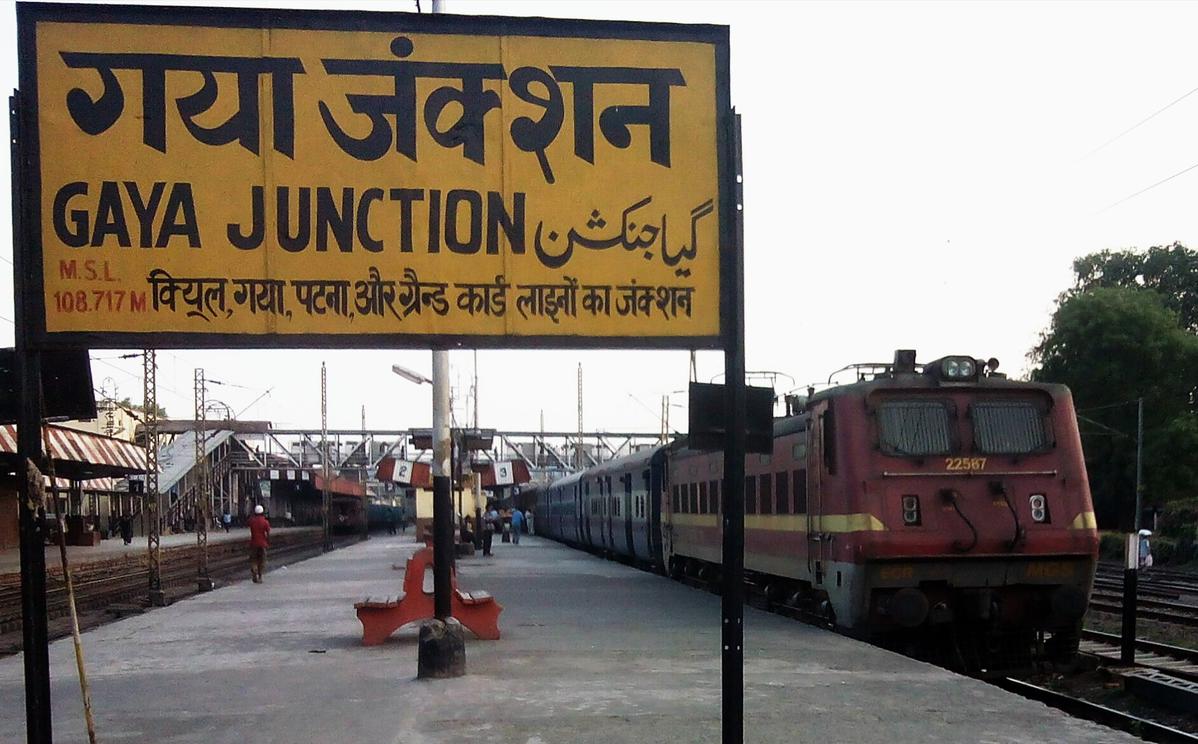New Delhi: Priests in Bihar’s Gaya, which is considered one of the holiest places for a Hindu to conduct the last rites including the “pind-daan” of near and close ones, conducted the last rites of an effigy on Wednesday as they would do of a normal human being to make sure that a thousand-year-old custom and a promise made to a demon-god is not broken.
As per ancient scriptures, during the Satya yuga, the first of the four eras of the Hindu culture, Gayasur, after whom Gaya derives its name, was given a blessing by Lord Vishnu that every day a body will be cremated at Gaya and a “pind-daan” offered.
However, due to the Covid-19 lockdown, people are not being able to come to Gaya to perform the last rites. The situation became troublesome on Wednesday after not a single body was brought at the Gayaji till late afternoon and it was after this that the local priests decided that they will do the last rites of an effigy and perform its “pind-daan” so that the promise made by Lord Vishnu to demon Gayasur is not broken and he doesn’t arise from his sleep.
Speaking to The Sunday Guardian, priest Arun Lal, one of the several priests who are officially registered with the government to perform the last rites in Gayaji, said that it was done as not doing it would have led to breaking of a promise made thousands of years ago.
“A three-feet effigy from flour was prepared. The ‘pind-daan’ of that effigy was done at Vishnupad temple and the dom-raja (the hereditary caretaker of the funeral place ), gave fire to the pyre. We kept the promise that was given by our gods,” Lal told The Sunday Guardian.
According to Lal, the practice of using an effigy is allowed in the scriptures and is used when the individual has gone missing, or the body cannot be burnt and the relatives want the last rites to be done. “An effigy using one-fourth flour of the body weight of the individual is prepared and the whole process is carried out on the effigy as it would have been carried out on the actual body,” he said.

